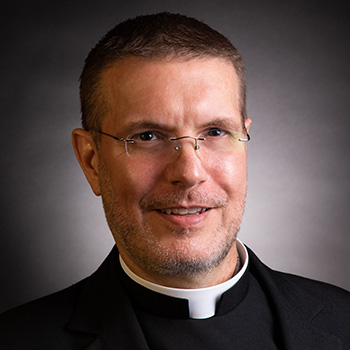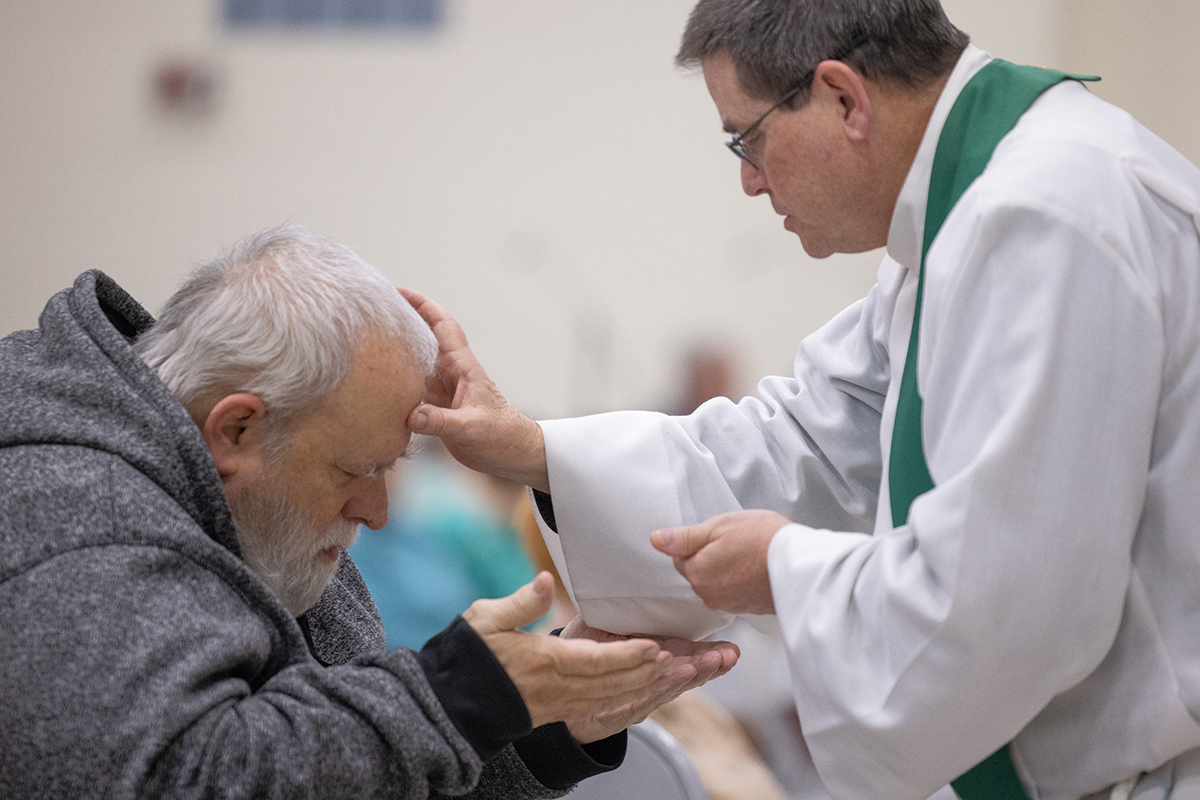DEAR FATHER | God’s grace is not limited to the sacraments
My mother was a faithful Catholic but died suddenly without receiving the sacrament of anointing or Viaticum. What happens when a person doesn’t receive the final sacraments?

Due to fewer priests, it is becoming more difficult to ensure that a loved one receives the sacrament of anointing, Viaticum, and the Apostolic Pardon at the hour of death. (For this reason, we should arrange for the sick person to be anointed as soon as serious illness presents itself.) That being said, when a loved one dies without the final sacraments, people sometimes worry that he or she didn’t receive the necessary grace to enter heaven.
Before addressing the issue directly, it is first important to take a look at the effects of the final sacraments. Paragraphs 1520-25 of the Catechism of the Catholic Church give a helpful explanation in this regard. For the one who is dying, the anointing of the sick provides a renewed gift of the Spirit that strengthens the person’s faith and trust in God. It unites that person’s suffering with the passion of Jesus and provides strength for the journey. It also includes the forgiveness of sins (and even offers for the opportunity to confess). If the person is conscious, he or she also receives Holy Communion (“food for the journey”). Finally, if death is imminent, the priest bestows the Apostolic Pardon, which is an indulgence given for the remission of temporal punishment due to sin.
For anyone who sees God as a loving Father, there is an intuitive sense that somehow God still provides what is necessary if a priest is not available. Our theology fully supports that belief. St. Thomas Aquinas wrote in his “Summa Theologica” that, while God always does what He promises to do in the sacraments, He is not restricted by them. In other words, God is free to bestow His grace in whatever way He chooses. For example, the person preparing for baptism who dies before receiving it experiences grace through the “baptism of desire.” The sinner who is truly sorry for serious sin because it offends God is forgiven even before the celebration of the sacrament of reconciliation. (Therefore, if he dies before confessing, he does so in a state of grace.) According to the Vatican II document “Lumen Gentium,” the person who, through no fault of his own, is not Christian or even believes in God, is saved if he cooperates with the grace God gives him to live a moral life. (That person’s salvation still comes from Christ, the sole means of salvation.) These are but a few examples of how God operates outside of the sacraments. He is generous with His grace.
Given the above, when a loved one dies without the final sacraments, we entrust him or her to God, who is rich in mercy and compassion. God gave us the sacraments to help us grow closer to Him. But, as St. Thomas pointed out, God’s grace is not limited to the sacraments. No human parent who loves a child would reject him or her on the technicality of not receiving a particular sacrament at the moment of death. Can God be less loving than we are? Whether or not we are able to receive the final sacraments, the God who created us is waiting to receive us back into His loving hands. There is no need to fear for a loved one’s salvation if a priest wasn’t available at the moment of death.
Father Scott Jones is episcopal vicar for the Northern Vicariate of the Archdiocese of St. Louis.
Due to fewer priests, it is becoming more difficult to ensure that a loved one receives the sacrament of anointing, Viaticum, and the Apostolic Pardon at the hour of death. … DEAR FATHER | God’s grace is not limited to the sacraments
Subscribe to Read All St. Louis Review Stories
All readers receive 5 stories to read free per month. After that, readers will need to be logged in.
If you are currently receive the St. Louis Review at your home or office, please send your name and address (and subscriber id if you know it) to subscriptions@stlouisreview.com to get your login information.
If you are not currently a subscriber to the St. Louis Review, please contact subscriptions@stlouisreview.com for information on how to subscribe.




